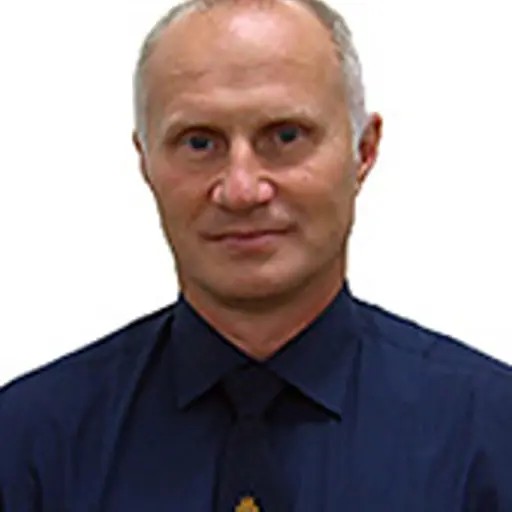Om kursen
Relevance: It is well known that the properties of polymer relies greatly on the processing method. It is also well understood that the influence of the processing on the properties is basically given by the structuring obained. The thermoplastics, being in greatest use, are processed with a range of different and rather well-defined methods, usually defined as sets of unit operations. In order to estimate the influence of the processing on the structure and properties, there is a need for a general understanding of the current manufacturing methods as well as how to model the different methods in terms of engineering concepts. In most cases the modelling is not straight forward, such as due to the polymer melts being complex fluids and hence having rheological properties sometimes difficult to represent in models.
Aim: After the course, students should have a working knowledge on modelling of common unit operations in polymer processing, be able to use such models in research tasks, appreciate the limitations of the models and have a general view on current major processing methods.
Content of the course: The themes included are 1) General overview of thermoplastic processing methods 2) Pressurization and pumping 3) Mixing 4) Modelling of processing machines with elementary steps 5) Die forming 6) Injection moulding and 7) Secondary shaping (fibre stretching and blow moulding).
Course organisation: The students are to prepare for each session by reading the chapter in the course book thoroughly. At sessions, the topics are to be discussed within the entire group, if necessary supported by the teacher. Such sessions are to be planned for every two weeks.
Typically, two students will be assigned to together give a brief presentation (20 min) and to produce a short written report (about 5 pages) on the theme given. Both the presentation and the report are to be shared within the class. After the presentation, an extended and detailed discussion is expected. For the intended detailed discussions, all students are to read closely and well on the topic at hand! The assigned students are given the total responsibility for the organisation of the session.
Prerequisites: Students are to have a background in polymeric materials and processing, such as with the course MTT085 Materialteknik and MTT090 Polymer processing and properties.
Time schedule and examination: The course will be given in spring 2019, starting February 27th at 10-12, followed by additionally 6 sessions. The detailed schedule will be agreed on at the first session. The examination, in terms of passed or not passed, will be based on the presentation, the report produced and on the participation in the discussions.
Mer information
Kurslitteratur
The course literature will mainly be the book titled Principles of Polymer Processing, authored by Z. Tadmor and C.G. Gogos, published by John Wiley & Sons, New York, edition 1 or 2. The edition 2 is available as e-book at Chalmers Library. Other complementary literature is allowed and encouraged.
